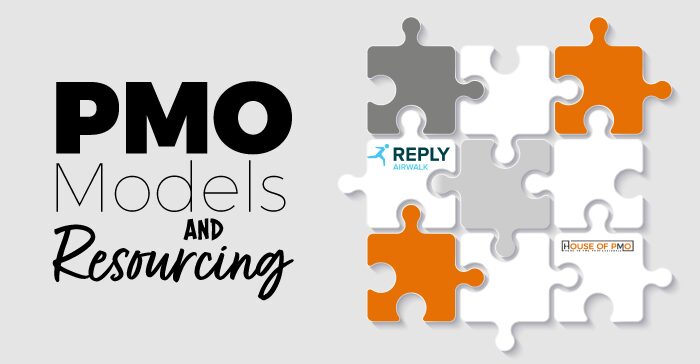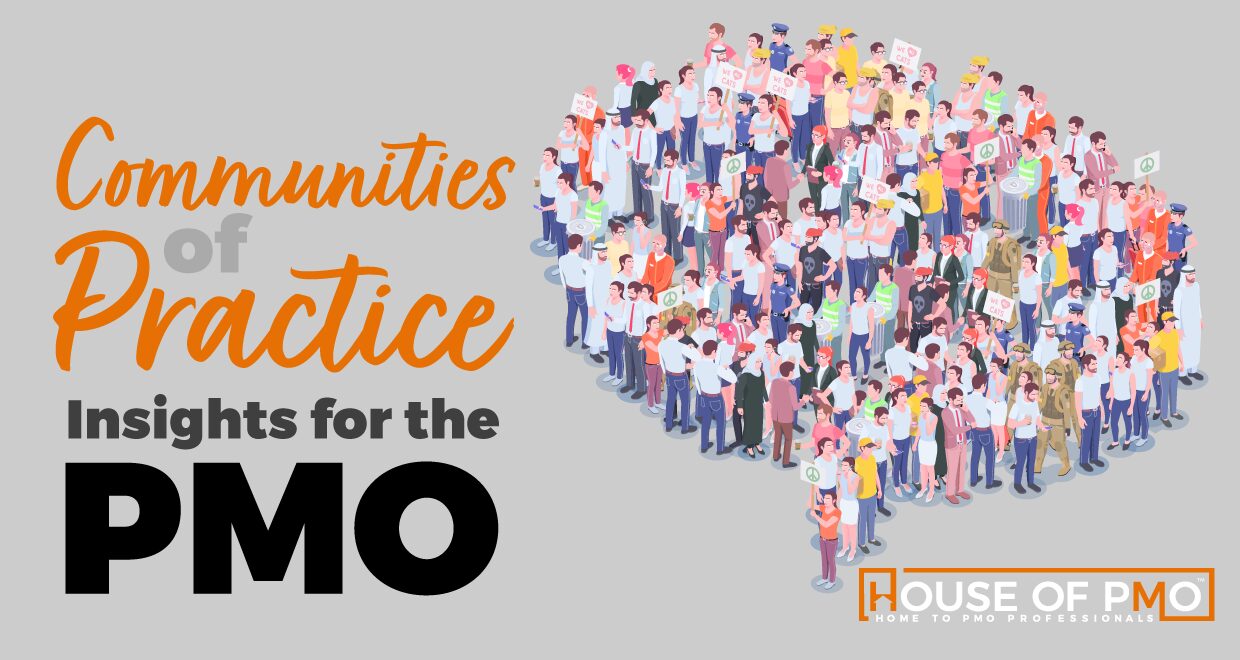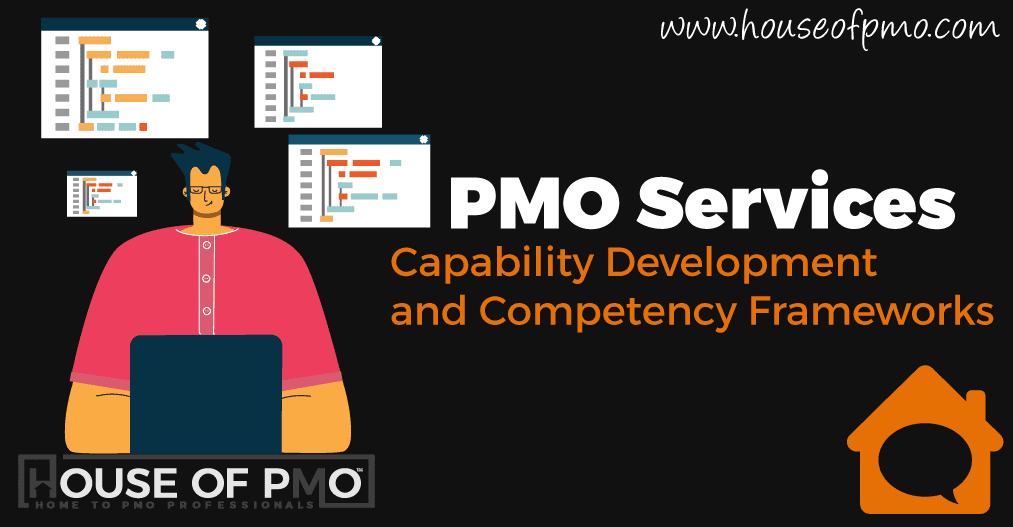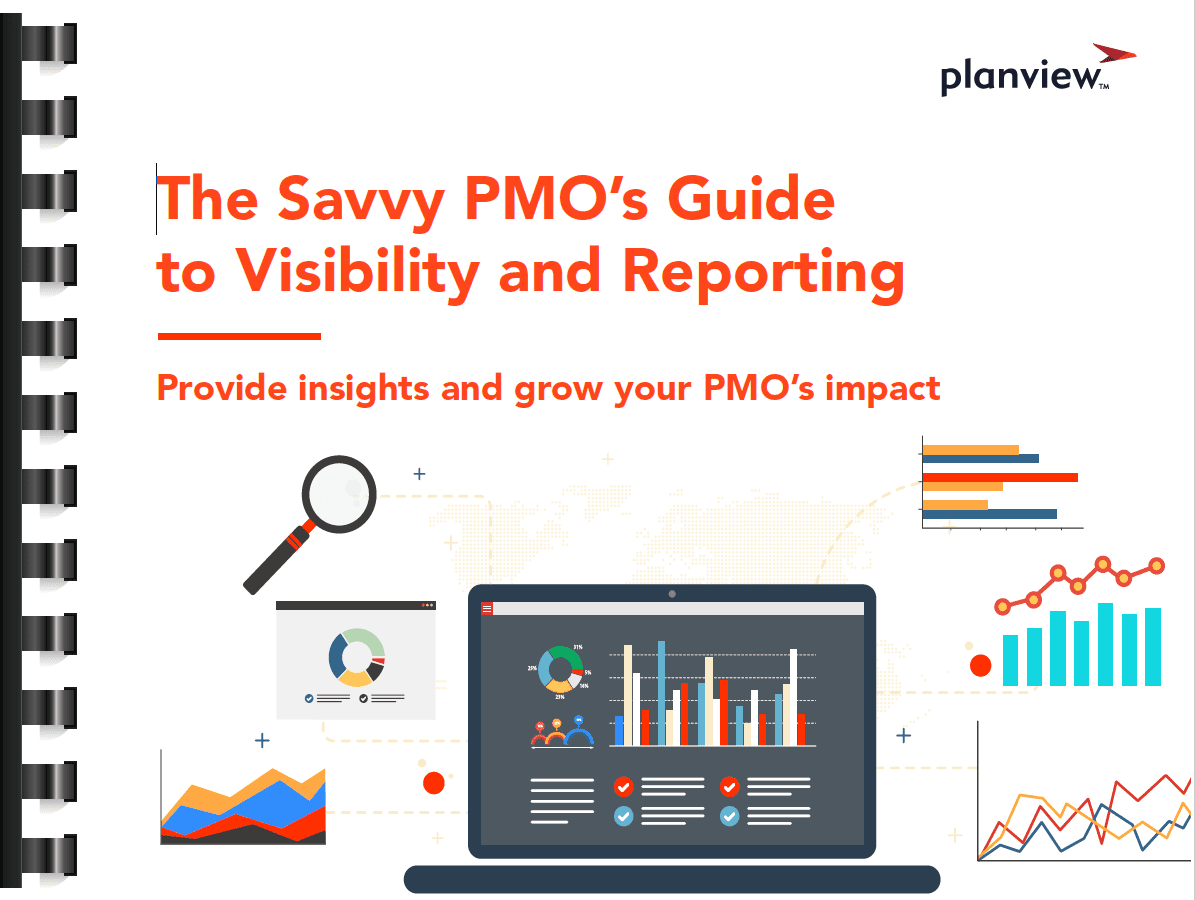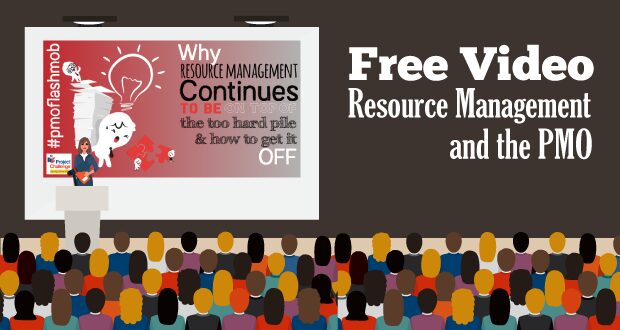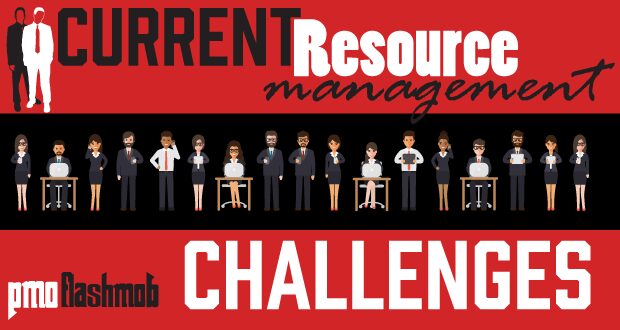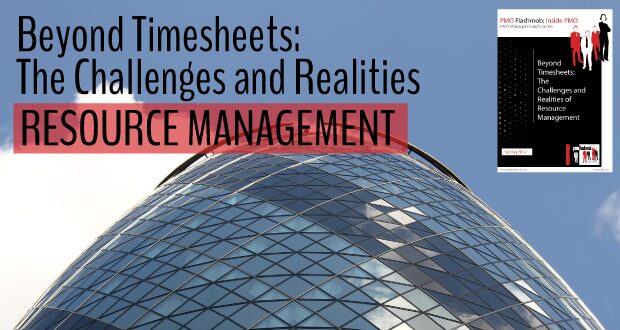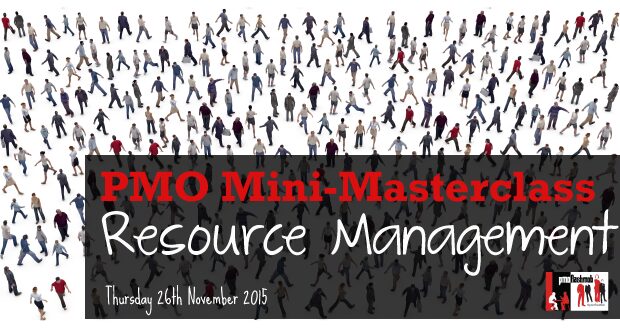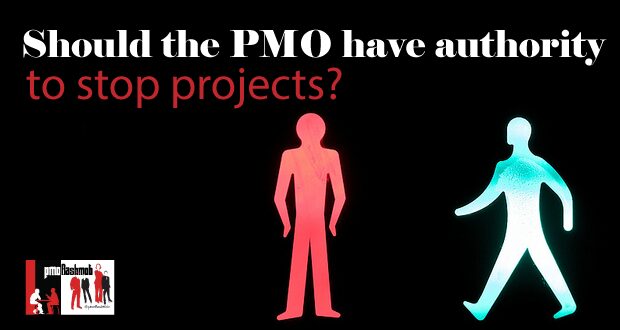Learn from Gary Heath’s 20+ years of PMO experience: resourcing models, evolving Agile delivery, Lean PMO trends, and career tips for PMO professionals at all levels.
Go to article
Within the PMO Competency Framework, communities of practice (CoP) are mentioned in two different competency areas.
The first one is knowledge management and the second is capability development. Communities of practice are created within organisations today to help share knowledge between people within the organisation and to also help them develop, using communities of practice as a form of social learning and social interaction. Find out more about them in this article.
Go to article
Discover the PMO Competency Framework created by and for PMO professionals. Assess your skills, identify gaps, and plan your PMO career with role profiles for Administrators, Analysts, Managers, and Directors.
Go to article
Watch our 26-minute Project Challenge session as we launch the latest Inside PMO Report: Beyond Timesheets. Discover the realities of resource management in PMO, and learn how you can get involved.
Go to article
PMO Flashmob asked: “What’s your biggest resource management challenge?” Timesheets, BAU vs projects, and unclear resourcing needs topped the list. Get practical insights and tips from our latest event and the Inside PMO Report.
Go to article
Explore real-world PMO resource management challenges, from capacity planning and project allocation to skills tracking. Insights from PMO Managers across top UK organisations.
Go to article
Explore real-life PMO resource management challenges with Paul Major. Learn about tools, techniques, and aspirations for effective capacity planning and resource forecasting.
Go to article
Explore how PMOs can tackle resource management challenges like capacity planning, prioritisation, and utilisation—learn where the PMO can truly add strategic value, not just administrate.
Go to article
Catch up on the latest PMO Flashmob in Birmingham! From project authority to resource challenges, job routes and PMO’s evolving role—see what the PMO community is debating over drinks.
Go to article
